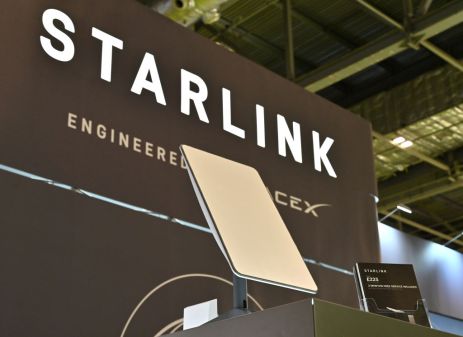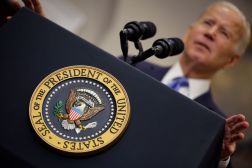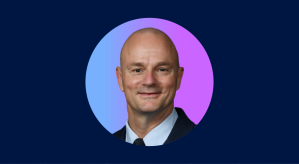Pentagon’s digital service team gets a leader
Seattle-based serial entrepreneur Chris Lynch has been given the reins of the Pentagon’s digital service team.
Defense Secretary Ash Carter announced Lynch’s hiring Wednesday during a speaking engagement at George Washington University focused around his “Force of the Future” program.
Wednesday was Lynch’s first day as director of the Defense Digital Service, Carter said. The small team is based at the Pentagon.
A long-time tech entrepreneur, Lynch founded and led several startups, like North by Nine, a customer experience management platform that was acquired by ConversIQ. He also served as vice president of product engineering at Daptiv, a business software company, for seven years, and before that in a development role for Microsoft.
The DDS is based on and will resemble the White House’s U.S. Digital Service team, founded in the wake of the Healthcare.gov meltdown of 2013 to focus on getting the federal government’s most pressing digital priorities right. Since then, digital teams — essentially spokes off of the USDS hub — have popped up around government within agencies like the departments of Veterans Affairs, Education and Homeland Security.
The DDS “will bring in talent from America’s technology community to work for a specific time or for a specific project to apply a more innovative and agile approach to solving our most complex problems,” Carter said Wednesday.
Carter first announced the creation of such a team in April, saying then that it was imperative to find ways to attract a new generation of Americans “who grew up entirely in the Internet age, whose memories of 9/11 are either faded or dim or non-existent, and attract them to the mission of national security and national defense.” The team quickly went to work addressing insufficient health record interoperability between DOD and the VA, FedScoop reported previously.
Halfway down the West Coast from Lynch’s Seattle, the Pentagon is also building relationships with Silicon Valley technology talent through its Defense Innovation Unit – experimental team.
While the Pentagon is concerned with attracting America’s best and brightest innovative minds, Carter said Thursday that part of what will make the DOD an attractive employer for millennials will be letting them come and go between DOD and private industry.
Carter said civil service is typically seen as riding a career-long “escalator” to the top, based on merit, but he wants Defense personnel to “be able to get off the ‘escalator’ for a time, and then get back on without hurting their career but instead helping it” through options like the Secretary of Defense Corporate Fellowship program, which DOD is doubling in scope. The program allows highly qualified candidates to work in private industry — at companies like Google and SpaceX — for a year.
“Offering those kinds of opportunities will make us more attractive to future generations, too,” Carter said. “As long as our military continues to harness the best talent America has to offer, we’ll always come out ahead.”






